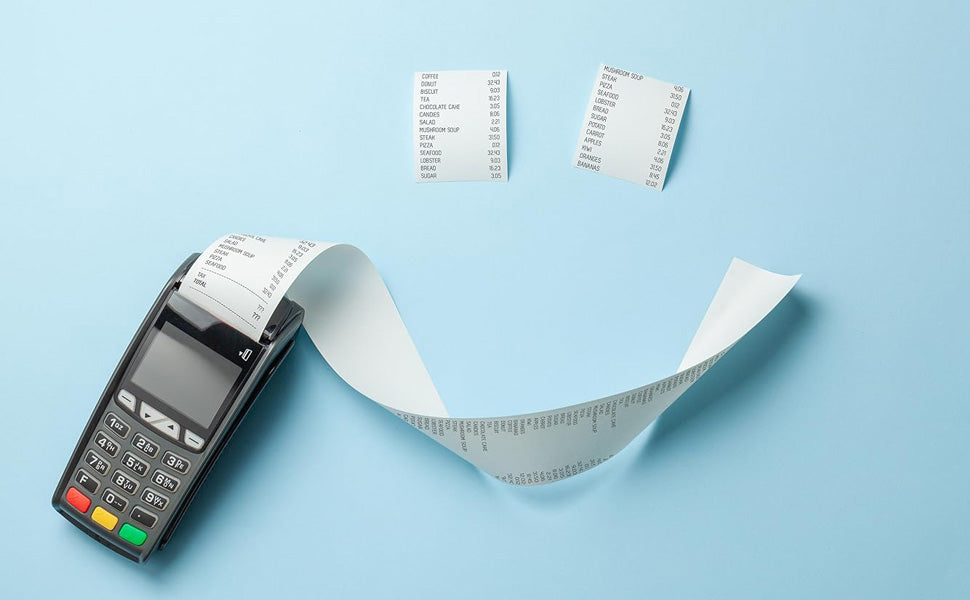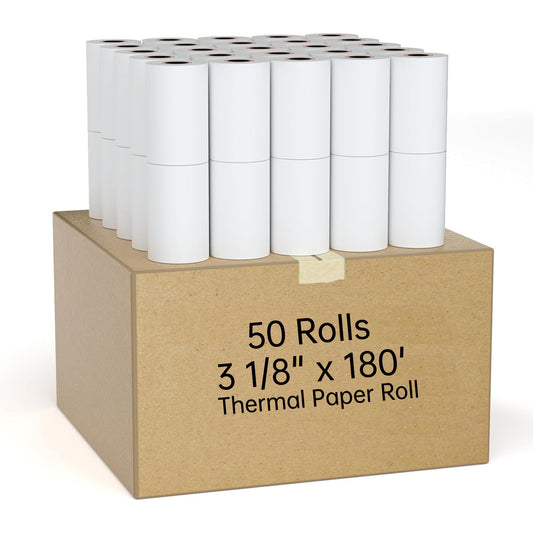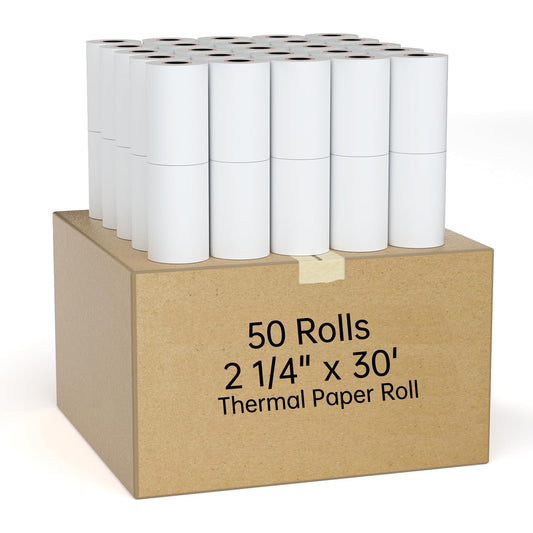When you think of potential health hazards, a simple receipt may not come to mind. However, the thermal paper used for printing receipts can pose significant health risks due to the chemicals used in its production. The primary chemicals of concern are Bisphenol-A (BPA) and Bisphenol-S (BPS), both of which are used as developers to assist in the heat-activated printing process.
Understanding BPA and BPS
BPA and BPS are endocrine disruptors, meaning they can interfere with the body's hormone systems. BPA, in particular, has been shown to be hazardous to reproductive systems in humans and animals, and is linked to obesity and attention disorders. Studies have found that BPA can be absorbed into the body through the skin, making frequent handling of thermal paper a potential health risk. For instance, individual thermal receipts can contain BPA levels 250 to 1,000 times greater than the amount found in a can of food.
The Risks of Handling Thermal Paper
People who handle receipts regularly, such as cashiers, are particularly at risk. Studies have shown that cashiers have higher levels of BPA in their bodies compared to people in other occupations. This exposure is of special concern for pregnant or nursing women, women of childbearing age, and adolescents, as their bodies are still developing.
Recognizing Thermal Paper
Thermal paper is usually thin with a slick feel or sheen finish, and it discolors easily when scratched with a coin or paperclip. In contrast, plain “bond” paper, where ink is applied, does not contain these harmful chemicals and is not a concern.
Reducing Exposure to BPA and BPS
Businesses and individuals can take several steps to reduce exposure to BPA and BPS from thermal paper:
- Go Paperless:
- Switching to e-receipts that are texted or emailed to customers is the most effective way to reduce exposure. Businesses can encourage this by designating check-out lanes for customers who prefer not to receive paper receipts.
- Use Alternative Receipt Paper:
- If paper receipts are necessary, opt for "phenol-free" paper, which does not contain BPA or BPS. Some alternatives include paper developed with ascorbic acid (vitamin C), urea-based Pergafast 201, or Blue4est technology.
- Avoid Handing Out Receipts Unnecessarily:
- Ask customers if they want their receipt before printing it. Only print receipts for transactions over a certain amount or if the customer specifically requests it. This can significantly cut down on paper use.
- Handle Receipts with Care:
- If you must handle thermal receipts, use protective measures such as food-grade silicone fingertips or gloves. Encourage staff to avoid crumpling receipts, minimize contact, and wash their hands thoroughly after handling receipts.
- Protect High-Risk Populations:
- Special care should be taken to protect pregnant and nursing women, infants, toddlers, and children from unnecessary exposure to BPA and BPS. Businesses can discuss alternate job functions with pregnant or nursing cashiers to minimize their exposure.
- Don't Recycle Thermal Paper:
- Thermal paper should not be recycled as the chemicals can contaminate the recycling stream. Dispose of it in regular trash to avoid spreading BPA and BPS.
Success Stories
Many businesses have successfully reduced or eliminated BPA exposure by switching to paperless systems:
- Dangerous Man Brewing in Minneapolis switched to a paperless point-of-sale system, saving both money and reducing BPA exposure for employees.
- Claddagh Coffee in St. Paul also moved to a paperless receipt system, which saved money and reduced paper use.
- Birchwood Cafe in Minneapolis revised their system to print fewer receipts, resulting in significant paper and cost savings.
- The Coffee Shop Northeast in Minneapolis used a grant to subscribe to an online point-of-sale system, reducing their use of thermal paper.
Final Thoughts
While the convenience of thermal paper receipts is undeniable, the health risks associated with BPA and BPS exposure are significant. By understanding these risks and taking steps to reduce exposure, businesses and individuals can protect themselves and others from the harmful effects of these chemicals. Going paperless or using safer alternatives are practical steps that can make a big difference in reducing our exposure to these hazardous substances.











